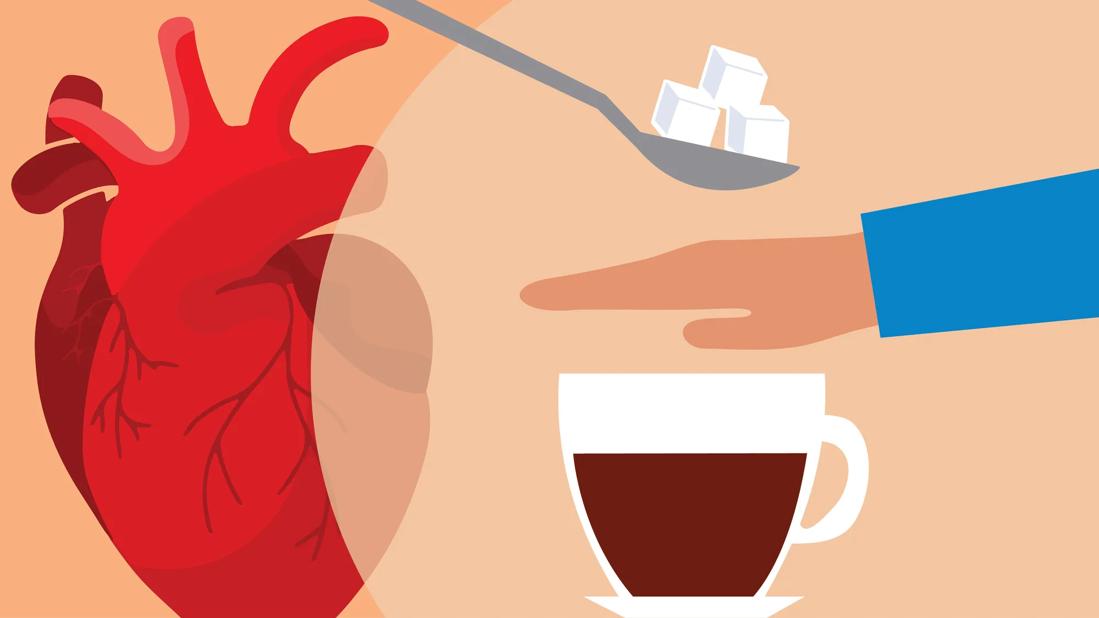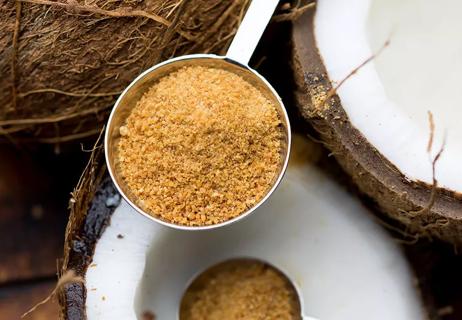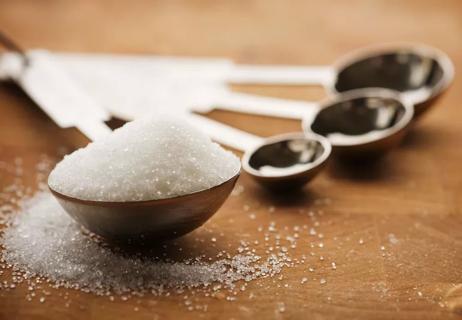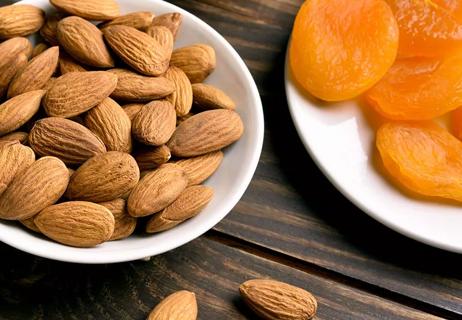A high intake of sugar can cause an increase in ‘bad’ cholesterol and a decrease in ‘good’ cholesterol

Tiramisu, chocolate mousse, crème brulee. Desserts are your jam. (Ooh! Jam!) Unfortunately, all those sweets may not be doing wonders for your heart.
Advertisement
Cleveland Clinic is a non-profit academic medical center. Advertising on our site helps support our mission. We do not endorse non-Cleveland Clinic products or services. Policy
“Excess sugar can increase the risk of heart disease, both directly and indirectly,” says registered dietitian Kate Patton, RD, LD, who specializes in preventive cardiology nutrition. A lot of this has to do with how sugar can heighten your “bad” cholesterol and lower your “good” cholesterol.
Here’s what to know about how sugar affects your heart — and how to embrace a diet that isn’t as high in sugar.
Sugar affects your heart in several ways. And most of it comes down to cholesterol.
A 2016 review found that a high sugar intake increases the level of LDL (bad) cholesterol and decreases HDL (good) cholesterol levels. But why is LDL cholesterol so bad? Because it causes artery-clogging plaque that can damage your blood vessels and heart.
A diet high in sugar can also affect your heart by increasing:
Advertisement
Sugar can also cause excessive weight gain, leading to all the problems we mentioned. “A diet high in sugar can contribute to obesity,” Patton states. “And obesity drives up your risk of diabetes, high blood pressure and high cholesterol — all of which can increase the risk of developing heart disease.”
Having too much sugar may also indicate that your diet isn’t as well-rounded as it should be. “A high-sugar diet is bad for you no matter what you weigh,” she adds. “If you eat a lot of sweets and processed foods, you’re probably not getting enough of the good stuff, like fruits, vegetables and whole grains that are part of a heart-healthy diet.”
Cutting back on sugar can take some effort (OK, a lot of effort), but it’s not impossible. For those counting at home, keep in mind: The American Heart Association recommends no more than the following:
Patton offers these tips if you’re trying to reduce sugar in your diet to help your heart health:
Sugar-sweetened beverages like soft drinks and juices are a major source of added sugar. According to an observational study done by the American Heart Association, consuming over 12 ounces of sugary drinks multiple times a day may increase triglycerides and lower the “good” cholesterol your body needs.
Patton points out that even one can of soda can have more than the daily recommended limit. Not only that, but big sugary sodas are also way too easy to gulp down. This can make it hard to keep track of your portion intake. “The number one thing you should do to lower sugar intake: Don’t drink your sugar,” she emphasizes.
Avoiding sugar may have become easier because of product labeling. “Nutrition labels are now required to show added sugars, so it’s easier than ever to keep track of the sugar in your diet,” Patton notes.
But added sugar goes by lots of names, which can be confusing. If you’re trying to watch your heart health and are reading ingredient lists in your food, beware of sugar aliases like:
If you’re craving something sweet, try using natural sweeteners instead of added sugar. Stir fruit into plain yogurt instead of buying the fruit-on-the-bottom kind. Add berries to your oatmeal instead of brown sugar. “Those substitutions can really add up to make a difference,” Patton says.
The thought of giving up the sweet stuff might make you bitter. But if you cut back gradually, you’ll tame your sweet tooth.
Advertisement
“You don’t have to avoid sugar completely, but moderation is key,” she continues. “Cutting back and finding healthy substitutes is good for your heart and your overall health.”
Not all sugars are created equal. Natural sugars, found in foods like milk and fruit, can be part of a healthy diet. For the most part, what you want to watch for are added sugars.
Added sugars include the white table sugar, honey or maple syrup you stir into your coffee or drizzle on pancakes. Added sugars are also common ingredients in processed foods. You find them in sweet treats like soda (yet again), sweetened yogurt, cookies and ice cream.
But added sugar is also hiding in places you might not expect it, like canned soups and hamburger buns. “Foods like bread can have a lot of added sugar, even though you might not taste it,” Patton notes.
If you’re concerned about your sugar intake and aren’t sure if it’s affecting your heart, it’s understandable to be worried. Seeing a healthcare provider can help clear up questions about sugar intake and cholesterol levels. To give you a good idea, your “bad” cholesterol should be below 100, while your “good” cholesterol should ideally be above 60. If these numbers are too low or too high, your healthcare provider can help with next steps.
Advertisement
You should see a healthcare provider or cardiologist if you’re experiencing:
What you eat will always have a profound impact on your health, including your heart. It’s essential to stick to a balanced diet but also listen to your body when you’re experiencing specific symptoms after eating sugar. Cutting back on sweet treats can be challenging, but your heart will thank you in the end. And eventually, you can find a balance that keeps both your heart and taste buds satisfied.
Advertisement

Sign up for our Health Essentials emails for expert guidance on nutrition, fitness, sleep, skin care and more.
Learn more about our editorial process.
Advertisement

A high-sugar diet can trigger a chain reaction that may raise your risk

You can reduce how much added sugar you consume by tracking what you eat, reading labels and limiting portions of the sweet stuff

Often labeled as ‘diabetes-friendly’ or ‘calorie-free,’ these sugar substitutes warrant caution

There is an indirect link between the sweet substance and the condition

It’s touted as a healthier alternative to cane sugar, but basically, well ... it’s still just sugar

Sugary foods don’t always taste sweet, and they may not say ‘sugar’ on the label

Don’t skip meals or go ‘cold turkey’ — eat a balanced diet and talk to your doctor instead

Fuel your body with healthy options that combine fiber-rich carbs, lean protein and healthy fats

Even small moments of time outdoors can help reduce stress, boost mood and restore a sense of calm

A correct prescription helps your eyes see clearly — but as natural changes occur, you may need stronger or different eyeglasses

Both are medical emergencies, but they are very distinct events with different causes